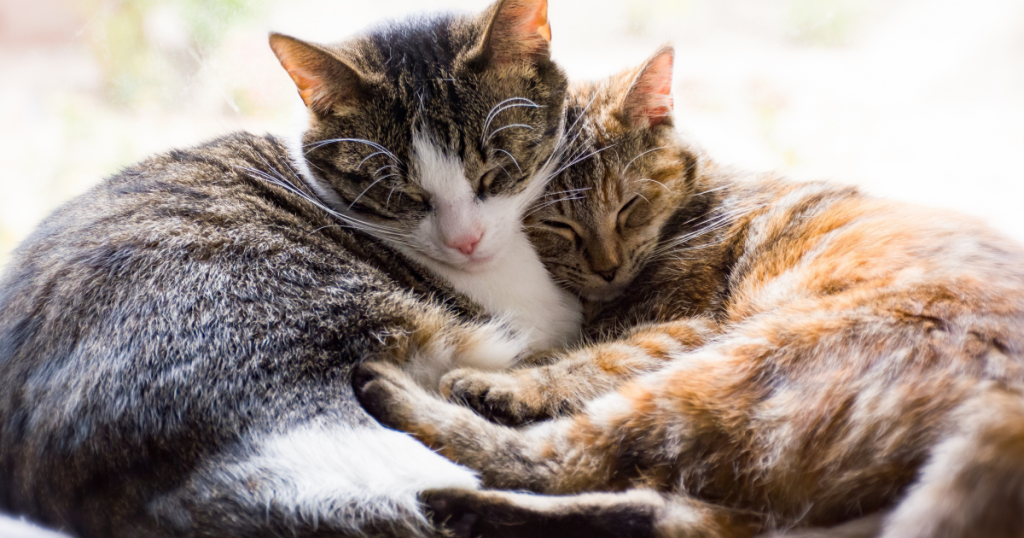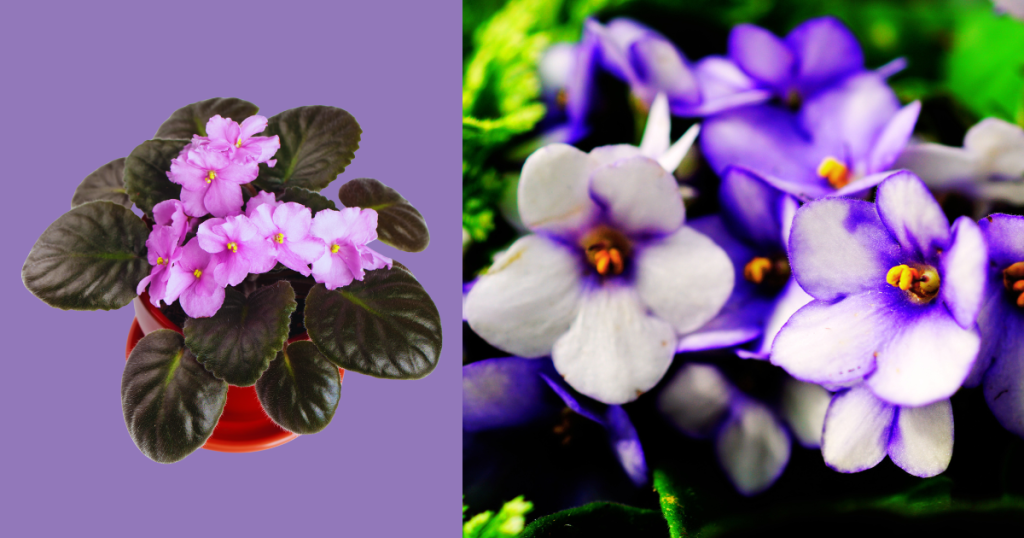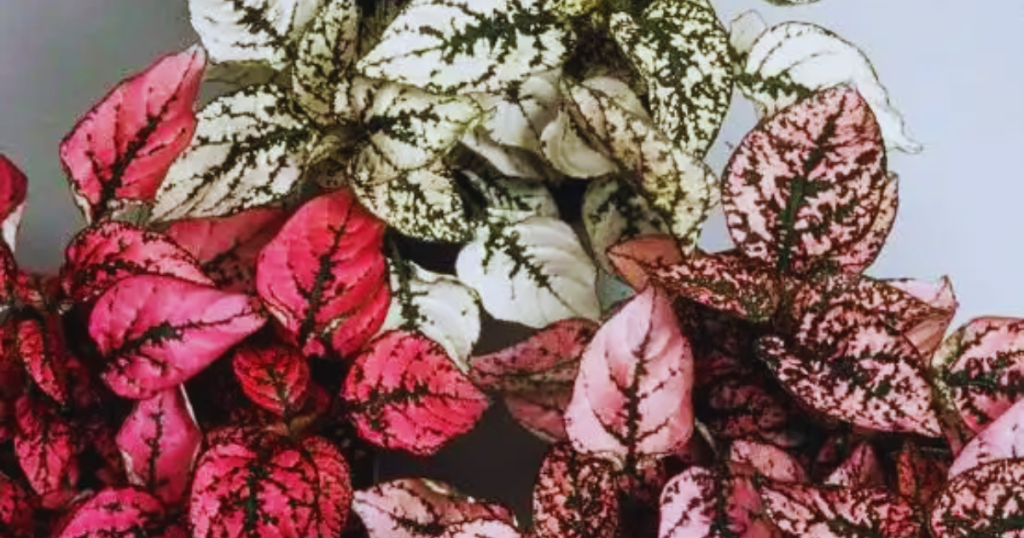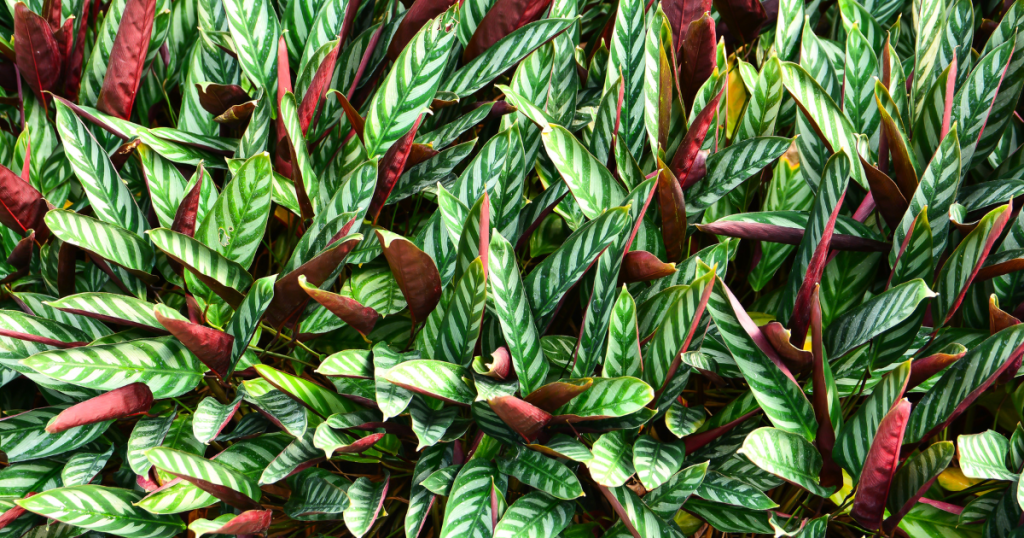Pet Approved Safe Plants for Everyone to Love
Pet Approved Safe Plants

There are countless reasons to have houseplants in your home. They enhance air quality by removing toxins, infuse your living space with vibrancy and energy, and it’s truly gratifying to observe their growth. However, as beautiful as our plants are, we must also consider the well-being of our other cherished companions: our pets.

You might be aware that numerous common houseplants can be toxic to cats and dogs, but don’t let that discourage you from introducing pet approved safe plants into your home. There are many popular non-toxic houseplants that are safe for your furry friends to share space with. Here’s a selection of some of our personal favorites.
10 of our Most Popular Pet Approved Plants
Spider Plant

This ever-popular houseplant is easy to care for, and easily reproduces all on its own, with tiny little spider plant babies practically popping off the plant, ready to propagate. It’s a particularly effective air purifier, so you can rest easy knowing your air is clean and your pets are safe. Spider plants prefer well drained soil and bright but indirect light. You can water them well, but do not allow them to become soggy as they will rot. Fertilize once per month.
Bromeliads

You’ve likely seen this bright beauty around before. Its bright spiky head looks like a glowing flowery torch surrounded by lustrous green foliage. But no need to worry if your pets get curious and sample a piece. Caring for bromeliaeds is easy, they require med to bright light, with frequent watering. Bromeliaeds only live for 1 – 2 years, at the end of their life they will put out a beautiful bloom. You can continue your bromeliad life by cultivating their offsets, called “pups”. These grow out from the base of the bromeliad and once they are strong enough on their own you can separate them from the main plant.
Christmas Cactus

The Christmas Cactus is a holiday tradition in many homes this time of year. But did you know that the Christmas Cactus is a tropical plant and not an arid dry desert cactus? These beautiful blooming cacti, which are native to the tropical rainforest of Brazil naturally grow on tree branches, soaking up the warm humid tropical air.
Here are some tips on how to look after your Christmas Cactus and help them to bloom each year.
- Plant in a well drained pot using potting mix suitable for succulents and cacti.
- Place in bright indirect light. Too much sunlight can bleach their sensitive leaves.
- Water when the top 1/3 of the soil is dry. Typically every 2 – 3 weeks is good. Pay attention to your soil while they are blooming and ensure they do not dry out.
- Fertilize from spring to fall with an indoor plant fertilizer every 2 weeks. During the fall and winter while your plant is blooming fertilize once per month.
- Prune in late spring to encourage more branches and more blooming in the winter.
Lipstick Plant

This funky vine has bright red, cylindrical flowers that look like— you guessed it— lipstick. This fabulous plant makes quite a fashion statement, just like its namesake, and it’s 100% safe and non-toxic.
Caring for your Lipstick plant is easy! Place it where receives bright, indirect light. Water your plant thoroughly when the top inch of soil feels dry and make sure the pot has adequate drainage to avoid root rot.
- Temperature: Keep the environment warm, ideally between 65–80°F (18–27°C).
- Humidity: Maintain high humidity by misting the leaves, using a pebble tray, or utilizing a humidifier.
- Fertilization: During spring and summer, apply a diluted liquid fertilizer.
Succulents (Hens & Chicks, Haworthia, and Echeveria)

These trendy plants are popping up everywhere lately, and thankfully the majority of these trendy and stylish plants are pretty safe for pets. Popular varieties like Echeveria, Burro’s Tail, Hen and Chicks, and Haworthia are all harmless options. That being said, there are a few varieties out there that aren’t so safe, such as Jade plants. If you come across a variety that you’re unsure about, err on the side of caution and do a quick Google search before you bring them home.
Succulents thrive in well-draining soil, receiving full sun to partial shade, and need infrequent watering since they are drought-tolerant succulents. Be sure to let the soil dry out completely between waterings, to avoid root and crown rot. Fertilize sparingly.
African Violet

This adorable fuzzy plant is so easy to keep happy, and it blooms all year round. Well known for their beautiful, delicate flowers, which come in shades of purple, pink, white and blue, the African Violet likes everything moderate – a medium amount of sunlight, and uniformly moist conditions. For best results water the soil underneath its leaves.
Peperomia

Also known as the Waffle plant, Friendship plant, or Aluminum plant, this tiny little guy is available in all sorts of colors and leaf shapes. The wide variety of looks and names for this plant is a testament to its popularity and success as a houseplant! Their small stature makes them a fantastic option for a glass terrarium, and there’s no risk of harm to your pets.
Ferns

A true fern should be non-toxic to cats and dogs, as is the case with Maidenhairs and Boston ferns. However, some plants are labeled as ferns when they actually aren’t, like the Asparagus fern. This plant masquerading as a fern is actually pretty toxic to animals, so just to be on the safe side, for any plant labeled as a fern, always double check that it is pet safe!
Polka Dot Plant

The polka dot plant is a unique houseplant known for its striking variegated leaves. While it is typically pink and green, you can also find varieties in purple, red, and white. Keep your polka dot plant in tip top shape with these tips.
Provide moist, but well drained soil with a high humidity soil and an abundant amount of sunlight. Grown indoors you will need to feed your polka dot plant once a month to help the foliage grow vibrant and lush. To keep your plant going as long as possible, pinch off leggy looking leaves to encourage thicker growth. Also, the polka dot plant will bloom with tiny lilac or pink flowers, this usually signals the end of this plant’s lifespan, you can prolong the end of the plants life by pinching these flowers when you see them blooming.
Prayer Plant

Calathea plants are one of the most amazing plants of the plant world with their dazzlingly patterned, lush foliage and their quirky little moves—yes! their unique ability of raising and lowering their leaves all day, a little show called nyctinasty. Plus, they are perfectly pet-friendly and natural air fresheners!
- Light, provide bright, indirect sunlight.
- Watering, keep the soil consistently moist, but avoid sogginess by using filtered or distilled water.
- Humidity, maintain high humidity by misting daily, utilizing a humidifier, or placing the pot on a tray filled with moist pebbles.
What About Plants that are not Safe?
It’s always a good idea to do a bit of research before going ahead with a plant purchase when you’ve got pets at home. Finding out what’s safe and what’s not safe before you bring a plant home willl help you decide if you have a safe place to keep the plant in your home.
While there are some plants out there that are not pet appoved, there’s just as many out there that present no risk at all and still remain to be popular additions to many homes. If you’re ever in doubt, just visit us at the shop and ask for help. We’ll be more than happy to help you find the perfect plant to brighten up your home, without giving your beloved animal companions an upset stomach. In the event that your pet ever shows signs of illness and you come across a chewed-up plant in the house, don’t hesitate to bring your pet to the veterinarian. Bring along a section of the plant’s leaf, and take note of any symptoms you see.
Many commonly loved houseplants can pose a risk to pets. These plants can still be loved and cherished by you in your home, but think of loving them from afar, keep them up high and out of reach of pets and never leave them on the floor!













Stay in Touch With Us!
Be the first to find out about new arrivals, in store only specials, flyer sales, workshops and more! Subscribe to our weekly newsletter.
